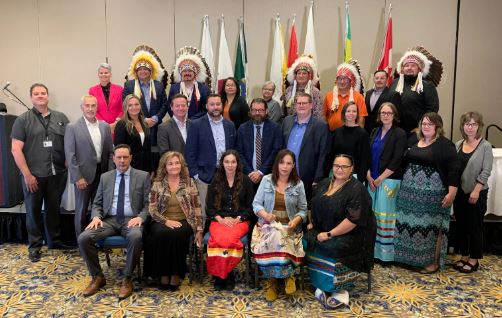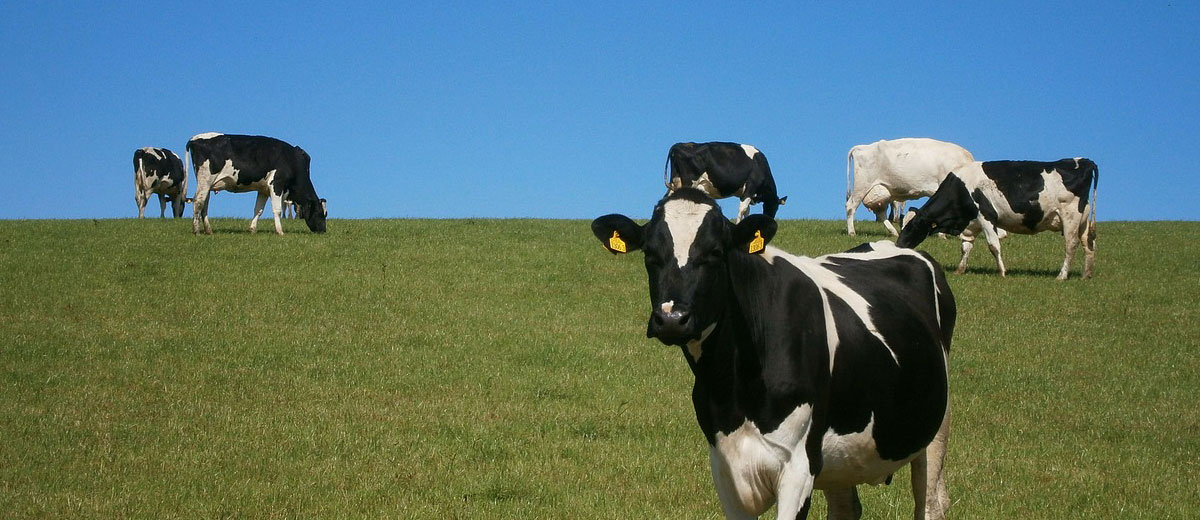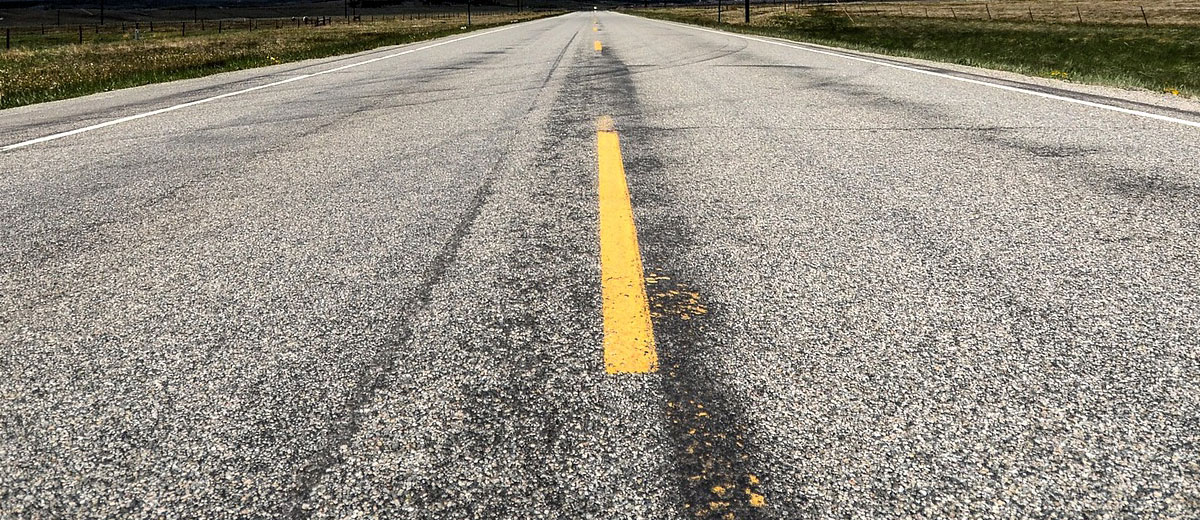
Indigenous-Led Program To Help Women Transition Back Into Their Community
The ministries of Corrections, Policing and Public Safety, Justice and Attorney General, and Health announced their partnership with the Saskatoon Tribal Council (STC) to collaboratively design and deliver the Īkwēskīcik iskwēwak transition program in Saskatchewan.
“Community-based reintegration initiatives such as Īkwēskīcik iskwēwak help ensure supports are in place for individuals transitioning out of the criminal justice system,” Corrections, Policing and Public Safety Minister Christine Tell said. “This is a major milestone to overcoming barriers for female offenders as they find stability in their community and leave the criminal lifestyle.”
Īkwēskīcik iskwēwak, which means “turning their life around” in Cree, is the first pilot program under the Pathways and Partnerships approach to reduce the number of women returning to custody. The program will provide up to 18 months of intensive support to female offenders who are reincarcerated on minor offences. Government will be providing $1.2 million to STC to design and deliver the program.
“This new program will help support women as they re-enter their home communities and explore new opportunities,” Justice and Attorney General Minister Bronwyn Eyre said. “It will create a transition that helps break the cycle of offending and build safer communities.”
Īkwēskīcik iskwēwak is one of the first Indigenous-designed and delivered reintegration programs in the province with a strong focus on gendered and culturally responsive approaches to reintegration.
“Throughout history the matriarch has been the root of support for Indigenous families,” STC Chief Mark Arcand said. “Through the Īkwēskīcik iskwēwak program we will be able to give back and support Indigenous women as they reintegrate. Those supports are critical when it comes to building a family structure, and in the process, help mold quality productive citizens for the community.”
“Addressing mental health and addictions issues means focusing on the well-being of the individual,” Mental Health and Addictions, Seniors and Rural and Remote Health Minister Everett Hindley said. “This partnership will provide crucial health supports to help female offenders on their path to healing and reintegration in the community.”
Īkwēskīcik iskwēwak will focus on healing and wellness, education, training and employment and promoting positive family relationships. Indigenous-led programming will support healthy lifestyles and reduce reoffending by helping former inmates rebuild relationships with their family and community.








































